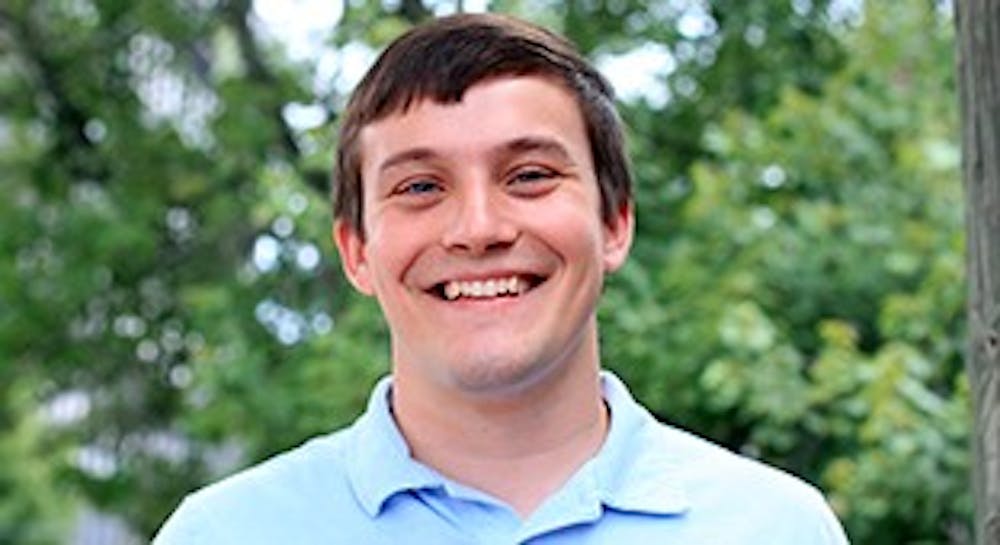Gather ‘round, kids. It’s almost that most wonderful time of the year: exam season! In the spirit of the season, I thought I would devote my final column to the most inspirational story of utter exam failure that I know.
A. E. Housman (who was, yes, the subject of my first column) was a brilliant student. He attended St. John’s College at Oxford on a scholarship and studied the classics. At Oxford, rather than being graded on a semester-by-semester basis, there were two big sets of exams that determined a student’s entire academic fate: Mods and Greats. The first set of exams, the Mods, were held about midway through Housman’s tenure, and he took First (aka he aced them).
Greats: the final set of exams, at the end of his third year, went a little differently. One of his professors said he did “so ludicrously bad as to show that he had not made any effort.” He had failed completely. Housman ended up graduating with a “Pass Degree” — which seems to be the B.A. equivalent of a GED.
There has been a lot of speculation about why Housman failed these exams so miserably. Some say he became hopelessly distracted by his love for his housemate, Moses Jackson. Others say that he became too obsessed with his incredibly ambitious side-project, the creation of his own edition of Propertius. Still others say that he just wasn’t well-suited for the final exams, which focused on philosophy and history. As for me, I’ve always believed that if people are arguing over which of many different factors was the cause of something, the best answer is probably “a combination of all of them.” But I don’t want to devote this column to failure. Instead, I want to look at what happens afterward.
Grades like the ones Housman received would normally end a career in scholarship. Alfred Edward Housman refused to let that happen.
Instead, Housman served in a short stint as substitute teacher before packing up and moving to
London to work for the patent office (probably because that is where Moses Jackson was working). For 10 years, Housman worked at the patent office by day, and by night toiled away at his scholarship. Even without any institutional backing, Housman managed to get articles published in the most prestigious journals.
In fact, he published so many high quality articles that when he applied to become Chair of Latin at the University College of London, 15 of the best classicists in the world each wrote him a glowing recommendation. He got the job. He would eventually get the highest Latin professorship at Cambridge.
I doubt I need to tell you to try not to fail your exams. But I thought I would share this story to show that it won’t be the end times if you do.
Now, Housman didn’t really enjoy himself in the patent office, and he had to work twice as hard to get out of it, but he did manage to achieve his goals, despite the fact that he failed those crucial exams.




